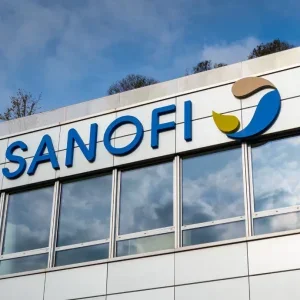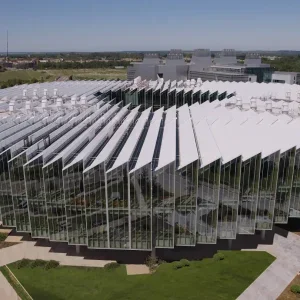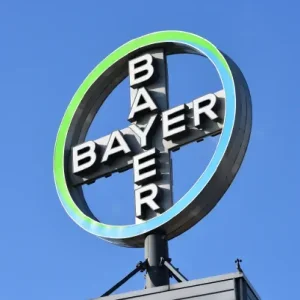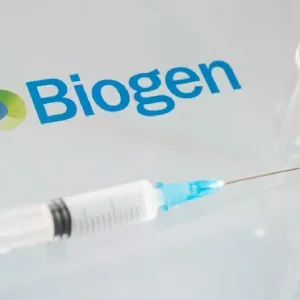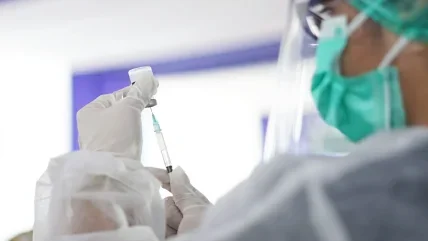
The US Food and Drug Administration (FDA) has granted priority review to Sanofi’s supplemental biologics licence application (sBLA) for Sarclisa (isatuximab) combination to treat newly diagnosed multiple myeloma (NDMM).
Sanofi is seeking approval for Sarclisa in combination with bortezomib, lenalidomide, and dexamethasone (VRd) to treat NDMM patients who are not eligible for transplant.
If approved, Sarclisa will become the first anti-CD38 therapy in combination with standard-of-care VRd in newly diagnosed patients unfit for transplant. It will also be the third approved indication for Sarclisa in multiple myeloma.
The FDA has set a target action date of 27 September 2024. Simultaneously, a regulatory application is undergoing evaluation in the European Union (EU).
Sarclisa is a monoclonal antibody that that attaches to a specific epitope on the CD38 receptor found on multiple myeloma (MM) cells. This mechanism is said to trigger specific anti-tumour effects.
The drug is approved in more than 50 countries to treat certain patients with relapsed refractory MM (RRMM).
Sanofi chief medical officer and development global head Dietmar Berger said: “Despite recent advancements in multiple myeloma treatment, there remains a significant unmet need for new frontline therapies, particularly for transplant-ineligible patients who can face poor outcomes from the disease.
“The filing acceptances, as well as the FDA’s Priority Review designation, reinforce our confidence in Sarclisa as a potential best-in-class treatment and represent a critical step toward advancing this combination in a difficult-to-treat cancer.”
The sBLA and the EU submission are based on positive results from the IMROZ Phase 3 clinical trial, which assessed Sarclisa’s investigational use alongside standard-of-care VRd.
The global, randomised, multi-centre, open-label trial recruited 446 patients across 21 countries.
Last December, the study achieved its primary endpoint during a planned interim analysis for efficacy.
The results showed a statistically significant enhancement in progression-free survival (PFS) when Sarclisa was combined with VRd, compared to VRd alone.
The safety profile of Sarclisa was like an established safety record of the drug and VRd.
IMROZ is the fourth Phase 3 trial exploring Sarclisa combinations in NDMM patients, demonstrating superiority over standard-of-care.
Sanofi plans to continue evaluating the monoclonal antibody in multiple ongoing Phase 3 clinical trials across the MM treatment continuum.
Additionally, it’s being investigated for treating other haematologic malignancies.


